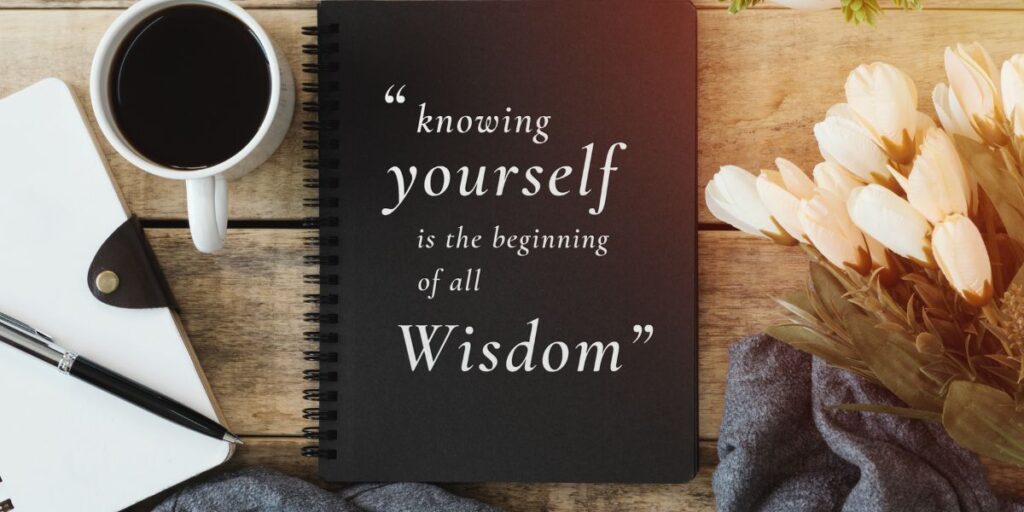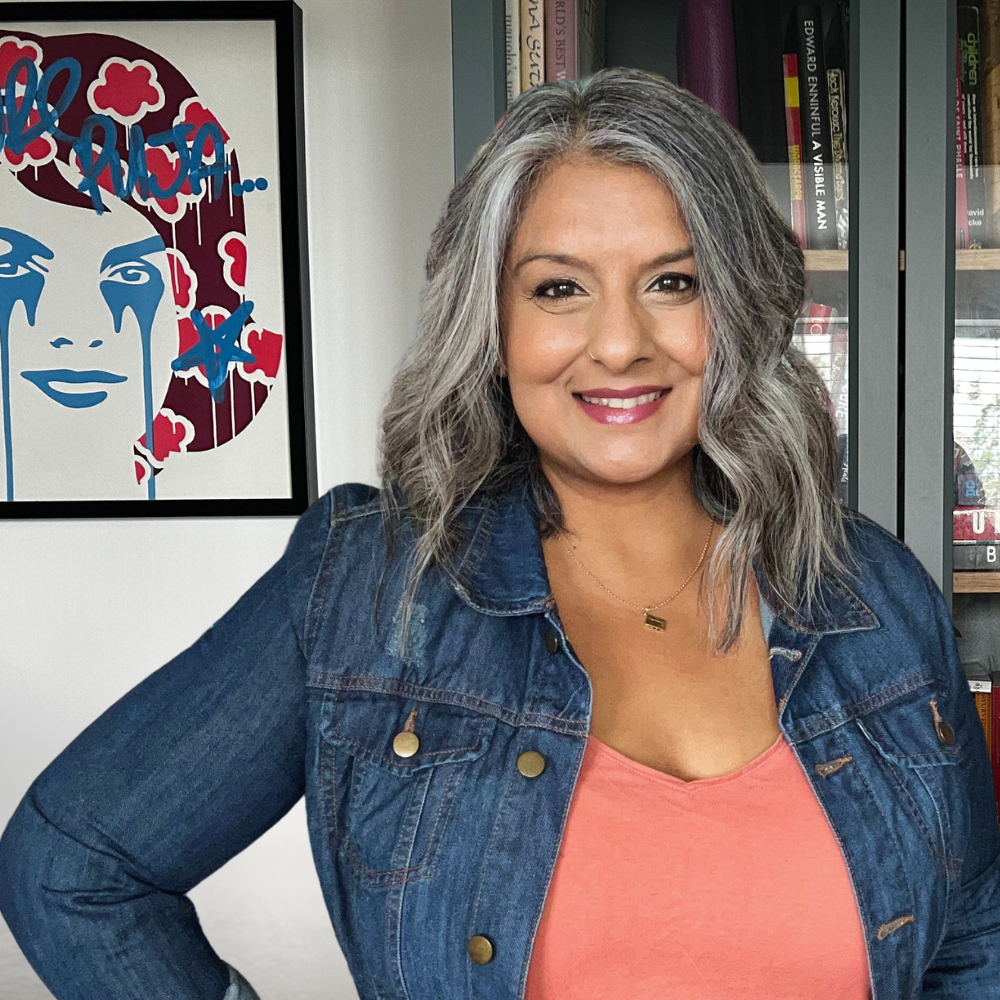
Ancient Wisdom and Self-Leadership in Work
If you’ve been following my work for a while, you may have wondered why I always add a paragraph about Ancient Wisdom and Self-Leadership. I do this because I firmly believe that everything we do has already been done, just at a different time, in a different format. The lessons we can learn from our history and ancient practices can give modern leaders the edge if they’re willing to be open. I believe that this “edge” is what separates good leaders from great leaders and why self-leadership is how we’ll truly win at this game called life.
The concept of self-leadership may seem like a modern trend, but its roots can be traced back to ancient wisdom that has guided humanity for centuries. From Eastern philosophies to classical Western thought, self-leadership embodies principles that resonate with many of the teachings from our past.
In this blog post, we explore how self-leadership culture benefits everyone in an organisation, grounded in the timeless insights of ancient wisdom. For a more in-depth blog about self-leadership for the Self, have a look here.
What is Self-Leadership?
Self-leadership is the ability to guide oneself toward achieving personal and professional goals. It involves self-awareness, self-discipline and self-motivation, allowing individuals to take charge of their actions and responsibilities. In an organisational context, self-leadership promotes autonomy, accountability and continuous learning, cultivating a culture where employees are encouraged to lead themselves.
Ancient Wisdom on Self-Leadership
Throughout history, many ancient traditions have emphasised the importance of self-discipline, mindfulness and personal responsibility. Here are some examples:
- Stoicism (Western Philosophy): Stoic philosophers like Marcus Aurelius and Seneca advocated for self-control, resilience and inner strength. They taught that individuals should focus on what they can control and accept what they cannot, emphasising personal responsibility.
- Taoism (Eastern Philosophy): Taoist teachings, as found in the Tao Te Ching by Laozi, emphasise harmony, balance and going with the flow. This perspective encourages individuals to act in accordance with their true nature and adapt to change.
- Buddhism (Eastern Philosophy): The teachings of Buddhism highlight mindfulness and the importance of self-awareness. By understanding one’s thoughts and emotions, individuals can cultivate compassion and make conscious choices.
These ancient philosophies share common themes: personal responsibility, adaptability and a focus on continuous improvement. When applied to the concept of self-leadership, these principles offer valuable insights into how organisations can benefit from a culture that embraces self-leadership.
How Self-Leadership Benefits Organisations
1. Increased Autonomy and Empowerment
Ancient wisdom underscores the importance of personal responsibility. In a self-leadership culture, employees are empowered to make decisions and take ownership of their work. This autonomy leads to increased job satisfaction, as individuals feel valued and trusted to manage their tasks.
2. Enhanced Resilience and Adaptability
Stoicism teaches us to embrace change and focus on what we can control. Similarly, self-leadership encourages employees to be resilient and adaptable in the face of uncertainty. This mindset allows organisations to navigate challenges with greater ease, as employees are more flexible and resourceful.
3. Improved Collaboration and Teamwork
Taoism emphasises harmony and balance. A self-leadership culture fosters collaboration and teamwork, as individuals work together to achieve common goals. When employees take responsibility for their roles and contribute to the success of the team, the organisation becomes more cohesive and aligned.
4. Continuous Learning and Growth
Buddhism promotes mindfulness and self-awareness. In a self-leadership culture, employees are encouraged to reflect on their performance and seek opportunities for growth. This focus on continuous learning leads to personal and professional development, benefiting both individuals and the organisation.
5. Reduced Micromanagement and Greater Trust
Traditional leadership often relies on micromanagement and control. Self-leadership, on the other hand, encourages leaders to trust their teams and provide guidance rather than strict oversight. This shift in approach creates a more positive work environment, where employees feel trusted and valued.
Bringing Ancient Wisdom to Modern Organisations
For CEOs and senior leaders, incorporating ancient wisdom into a self-leadership culture can have profound effects on organisational success. To achieve this, consider the following:
- Lead by Example: Demonstrate the principles of self-leadership in your own behaviour. Show self-discipline, adaptability and a commitment to continuous learning.
- Encourage Reflection and Mindfulness: Create opportunities for employees to reflect on their work and develop mindfulness practices. This can lead to greater self-awareness and improved decision-making.
- Promote a Collaborative Culture: Emphasise teamwork and encourage employees to work together to achieve common goals. This fosters harmony and balance within the organisation.
- Empower Employees: Give employees the autonomy to make decisions within their roles, allowing them to take ownership of their work. This reduces micromanagement and builds trust.
By embracing the principles of self-leadership grounded in ancient wisdom, organisations can create a culture that benefits everyone. Employees will feel more empowered and engaged, leading to a more resilient and adaptable organisation.
Ultimately, self-leadership is not just about individual growth—it’s about creating a harmonious and successful environment where everyone can thrive.

Hi, I’m Puja! I’m all about helping driven, purpose-led people create success that actually feels good—without losing themselves along the way.
I mix deep coaching with practical strategies and a soulful perspective to help you thrive in your work, life, and well-being.
This is where I share stories, ideas, and inspiration to spark bold thinking and a more meaningful way of living.
Discover more: SIMPLY WELLBEING SUBSTACK
Registered address: 3rd Floor, 86-90 Paul Street, London, EC2A 4NE
© 2025 Frankly Coaching Ltd.